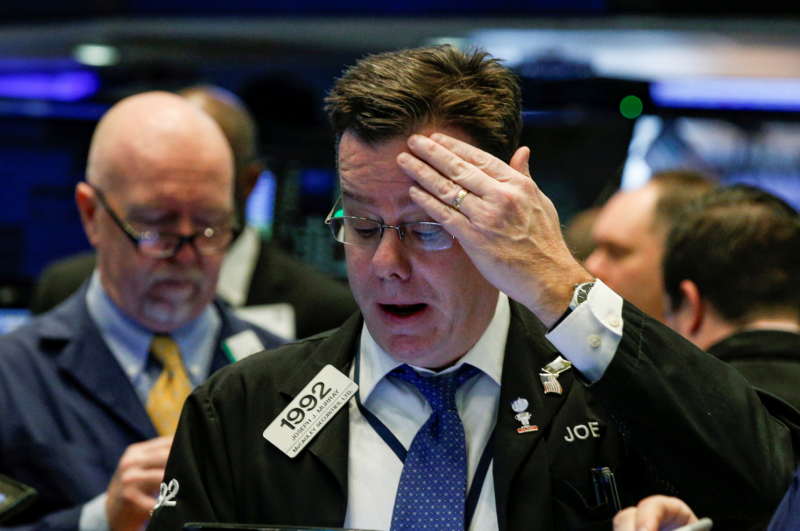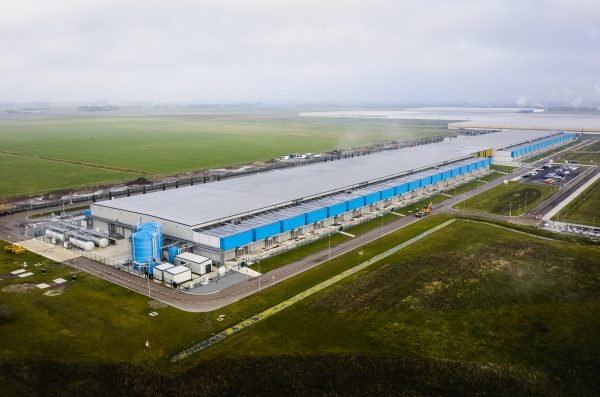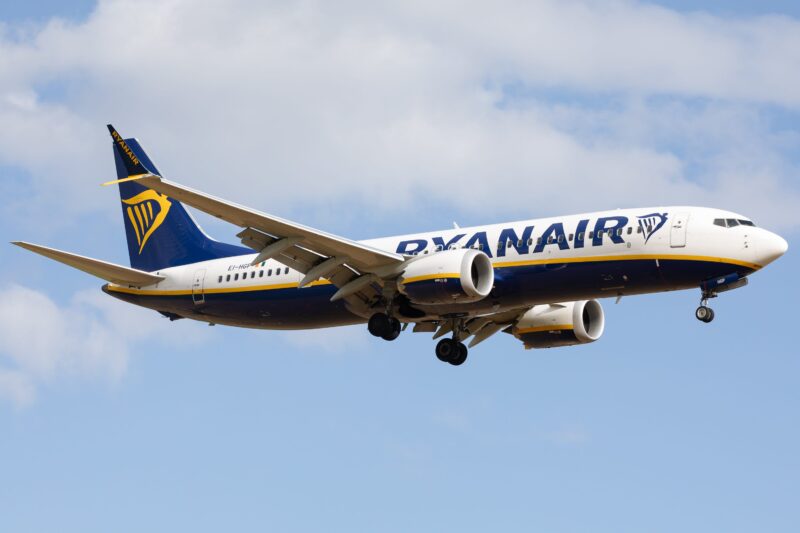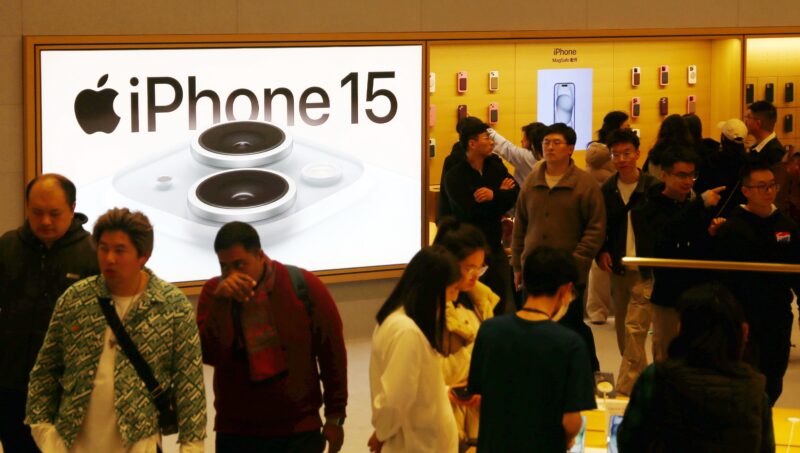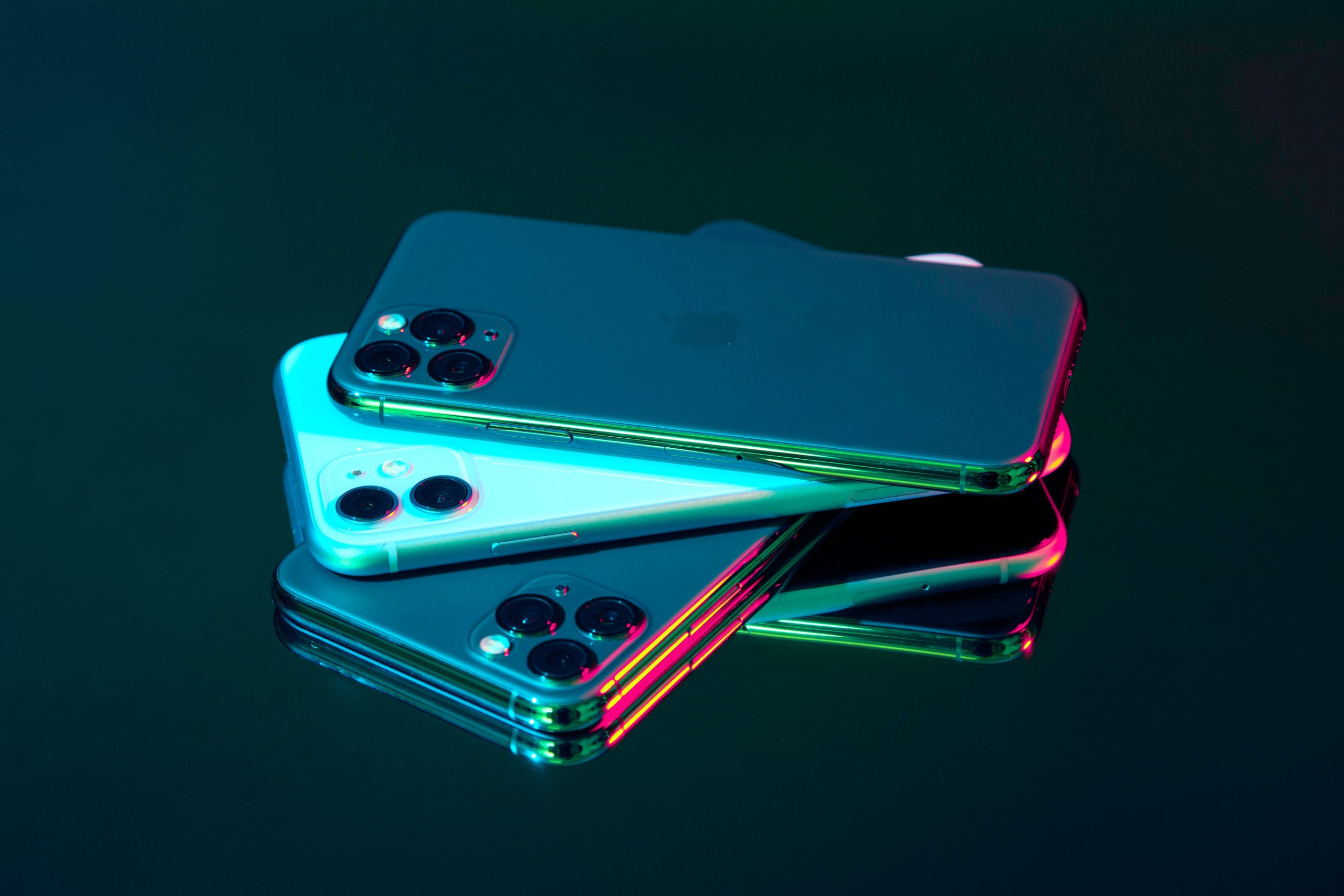
Crystal Cox/Business Insider
- Apple’s iPhone 12 lineup is expected to be a major smartphone launch that some analysts predict could be a once in a decade opportunity for the company.
- The combination of 5G support, new size options and designs, affordable pricing, and the fact that many active iPhones are aging are likely to culminate in a massive iPhone upgrade cycle.
- That’s especially important as Apple has been grappling with slowing iPhones sales in recent years, requiring it to boost other product segments like wearables and services.
- Apple is expected to announce its new iPhones on Tuesday.
- Visit Business Insider’s homepage for more stories.
Apple’s annual iPhone launches are always closely watched by customers and Wall Street alike. But 2020 represents a particularly critical moment for the tech giant.
Analysts are expecting the iPhone 12, which will likely be unveiled at the company’s Tuesday event, to represent Apple’s biggest upgrade cycle in years.
That’s because many active iPhones around the world are now several years old and ready for an upgrade, according to Wedbush Securities analyst Daniel Ives. The iPhone 12 is also expected to be Apple’s first 5G iPhone, meaning upgrades will likely continue over the next year as 5G networks continue to develop and customer demand for 5G-enabled devices grows.
The combination of the addition of 5G support, new size options, affordable price options for both the iPhone 12 and possibly older models, and the fact that many active iPhones are getting older could make this a blockbuster moment for iPhone upgrades.
“From start to finish, it’s going to be all iPhone,” Ives said in an interview with Business Insider ahead of Apple’s event. “In my opinion, it’s the most important product cycle in the last decade for Apple.”
The anticipated launch comes after Apple had reported declining iPhone sales in its quarterly earnings reports in recent years.
Some have attributed this slump to climbing smartphone prices and new features have been viewed as being too incremental to justify an upgrade for many consumers.
Apple started to reverse this trend with the iPhone 11 lineup, which performed better than many had anticipated, but the iPhone 12 is expected to the big boost Wall Street has been waiting for.
Apple has also made an effort to decrease its reliance on the iPhone and offset slowing sales in its most important product line by boosting other areas, like digital services and accessories, in recent years.
Analysts predict Apple will kick off a major iPhone upgrade cycle with the debut of its iPhone 12 lineup on Tuesday.
Wedbush Securities estimates that 350 million of 950 million iPhones in use around the world are in the window of an upgrade opportunity. Apple is said to have ordered at least 75 million units of the iPhone 12 for 2020, according to Bloomberg. Wedbush's Ives also says that 40% of Apple's installed base hasn't upgraded their phone in 3.5 years, creating a big opportunity for upgrades.
"It's almost the perfect storm of demand for Apple, which is really why it's a super cycle," Ives said.
It's not just immediate sales that make the iPhone 12 such a monumental upgrade cycle for Apple, according to analysts. It's the notion that consumers will likely upgrade their iPhones over the coming year as 5G networks continue to develop.
"These levels of speed upgrades happen every six to eight years," Gene Munster, managing partner at Loup Ventures, said to Business Insider. "It's pretty infrequent. So that's notable, and consumers care about it."
It will likely still be quite some time before 5G becomes the standard; Verizon's 5G network can only be found in certain areas of little more than 30 cities across the United States, for example. There are also many areas of the country left uncovered by AT&T's 5G network, as shown in its coverage map.
But some analysts view the iPhone 12 as the beginning of what could be a long-term upgrade cycle as carriers grow their 5G presence.
"We expect this year's line-up to kick off a significant replacement cycle which we believe will be a multi-year process as new applications and spectrum become available over time," RBC Capital Markets analyst Robert Muller and senior associate Michael Murray wrote in a recent report.
A team of Morgan Stanley analysts led by Katy Huberty also said in a recent research note that this fall's iPhone launch is expected to be "the most significant iPhone event in years."
Other than 5G support, Apple's iPhone 12 lineup is expected to come in new sizes and will likely feature a refreshed design. The iPhone 12 is said to come in four variants: a 5.4-inch iPhone 12 "mini," a 6.1-inch iPhone 12, a 6.1-inch iPhone 12 Pro, and a 6.7-inch iPhone 12 Pro Max.
The 5.4-inch sizes and 6.7-inch sizes are new to Apple's smartphone lineup, representing a departure from last year's 5.8-inch iPhone 11 Pro and 6.5-inch iPhone 11 Pro Max.
Ives and Munster expect these two new variants to be the most popular. Ives says he's been seeing a spike in pent-up demand for the larger 6.7-inch model, mostly because larger phones are more popular in China and that's where many iPhone upgrades are expected to occur in the next year.
"Right now there are about 60 to 70 million iPhones in the window of an upgrade opportunity in China," Ives said. "And ultimately this is not a super cycle without China. So it's key that the China component continues to be strong for Apple."
Munster, on the other hand, believes the shift to larger-sized phones that's occured over the last several years means there's probably high demand for a smaller-sized flagship iPhone. The smallest phone Apple currently sells is the 4.7-inch $400 iPhone SE, which has the same processor as the iPhone 11 family but lacks modern features like Face ID, an edge-to-edge screen, and a multi-lens camera.
"I understand the movement to bigger screens, but I think there's a group of people over the last seven years that have felt left out," Munster said. "So I think there is pent up demand for a latest and greatest in a smaller form factor."
New size options and the shift to 5G aren't the only factors that could make this a big iPhone launch for Apple. The company is also expected to continue leaning into its strategy of pricing the iPhone more aggressively against Android offerings, a tactic that proved successful with the $700 iPhone 11 and $600 iPhone XR.
Despite new features like 5G, the entry-level iPhone 12 is expected to be priced at $700 just like its predecessor, Ives predicts, which could be particularly important given the economic ramifications of the COVID-19 pandemic.
Plus, if Apple discounts an older model like the iPhone 11 after announcing the iPhone 12, as it has done in years past, there could be even more of an opportunity to convince budget-conscious iPhone owners with aging phone models to upgrade.
Apple may also launch a smaller, cheaper new version of its HomePod smart speaker during its October 13 event. But the all-important iPhone will almost certainly be the main attraction. And keeping the iPhone's price competitive with new offerings from Google and Samsung will be key to ensuring the iPhone 12 is a success.
"This is not a company that usually cuts prices," Ives said. "But I think they recognize that they need to have different price points because they can't miss out on this opportunity."



